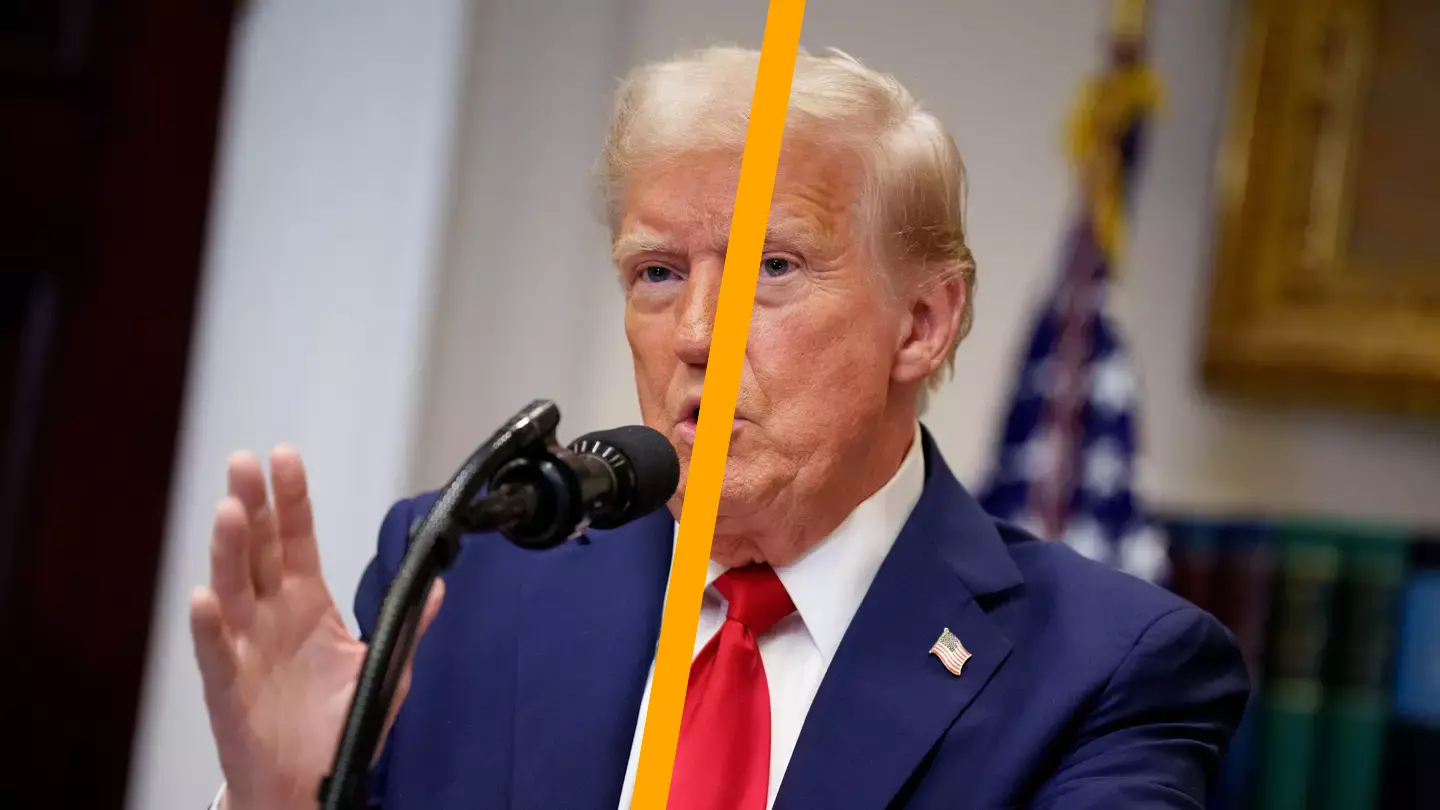Donald Trump has had a whirlwind week since assuming the presidency once again.
On January 20, Trump was inaugurated as the 47th President of the United States, marking his second term in office. In this short span, he has set a brisk pace with his agenda.
The 78-year-old leader initiated his vision for a ‘golden Age of America’ by undoing much of the previous administration’s policies under Joe Biden.
Trump has already signed 26 executive orders and granted several presidential pardons. Here’s a summary of his actions so far.
Leading his agenda is the issue of immigration. Trump declared a national emergency at the southern border, deploying over a thousand troops to the US-Mexico boundary.
He also ordered the continuation of the border wall’s construction and humorously suggested renaming the Gulf of Mexico to the Gulf of America, a notion that drew laughter from Hillary Clinton during his inauguration.
Additionally, he directed Homeland Security to stop the admission of refugees and asylum seekers and reinstated the term ‘illegal alien’ for undocumented immigrants.
Trump attempted to terminate birthright citizenship for children of non-U.S. citizens, but it was blocked by a federal judge in Seattle as ‘blatantly unconstitutional’, according to the BBC.
He has also threatened to prosecute officials and cut funding to sanctuary states that do not comply with deportation orders.
Transgender rights have also faced rollback under Trump’s new policies.
His order defines sex strictly as ‘male’ or ‘female’, claiming these categories are ‘not changeable and are grounded in fundamental and incontrovertible reality’.
This policy bars transgender individuals from changing legal documents to reflect their gender, affecting applications for passports among others.
The State Department has already put a hold on passport applications that request gender changes or the use of an ‘x’ marker.
Trump reversed the proposed TikTok ban, aiming to settle on an agreement with the company.
The tech company has been given a 75-day extension to secure an American buyer.
Another significant move from the White House this week was the elimination of government diversity, equality, and inclusion (DEI) programs designed to protect against workplace discrimination based on race, color, religion, sex, sexual orientation, gender identity, or national origin.
He repealed Executive Order 11246, originally established in 1965, and placed employees involved in DEI initiatives at the Department of Labor on paid leave as their projects were halted.
Advocates argue these initiatives provide equal opportunities for underrepresented groups, including LGBTQ+ individuals. However, Trump’s order dismissed them as ‘illegal discrimination and preferences’, claiming they hinder ‘merit-based opportunity’.
Trump has also stopped remote work practices for federal employees and imposed a hiring freeze across nearly all federal agencies, except for roles related to the military, immigration enforcement, national security, and public safety.
On Truth Social, Trump vowed to dismiss over 1,000 presidential appointees from the previous administration.
He cited that these individuals do not align with his ‘Make America Great Again’ vision, including retired Army General Mark Milley, who was removed from the National Infrastructure Advisory Council.
Trump also pulled the US out of the World Health Organization (WHO), citing dissatisfaction with its handling of the pandemic.
President Trump pardoned hundreds last week, including roughly 1,600 individuals tied to the January 6 Capitol riot, 23 anti-abortion protesters, and two Washington DC police officers, Andrew Zabavsky and Terence Sutton, convicted for the death of a Black man during a police chase in 2020.
Ross Ulbricht, known for establishing the Silk Road dark web market, was the most prominent individual pardoned. After 11 years in prison, the 40-year-old tech entrepreneur from Texas was released.
Trump declassified documents concerning the assassinations of John F. Kennedy and Dr. Martin Luther King Jr., as well as files related to Robert Kennedy.
The President expressed his intent to seek the death penalty for federal crimes involving the murder of law enforcement officers or capital crimes committed by illegal migrants.
In the realm of abortion, Trump reinstated the Mexico City Rule, which prohibits federal funding to overseas organizations that provide abortions.
While praising the ‘March for Life’ rally, he voiced strong support for the Born-Alive Survivors Protection Act and dismantled the Biden administration’s abortion-supportive government website.
Moreover, he reestablished the Hyde Amendment, preventing taxpayer funding for abortions.
Trump has also issued directives limiting the display of flags at US embassies to only the American flag.
This guidance comes after activist flags, such as those representing Black Lives Matter and LGBTQ+ Pride, were previously flown over government buildings during Biden’s presidency.
Trump declared a national energy emergency and led the withdrawal of the US from the Paris Climate Agreement. This pact, signed by nearly 200 nations in 2015, aims to combat climate change.
While most nations are reducing their reliance on oil and gas, Trump signed orders boosting these industries in Alaska.
“We will drill, baby,” Trump declared in his inaugural address, emphasizing America’s vast oil and gas reserves as an opportunity for national utilization.
He also halted the mandate for electric vehicles and announced plans to eliminate regulations on household items like light bulbs, water heaters, and washing machines.
One executive order aims to provide emergency cost relief in housing and healthcare, reducing climate policies to foster job growth.
In alignment with his ‘America First’ trade policy, Trump has paused foreign assistance for 90 days.
In diplomatic matters, Trump engaged in several talks with international leaders, including a tense conversation with Denmark’s prime minister concerning national security, and discussions with El Salvador’s president about immigration.
He urged Putin to ‘stop this ridiculous war’ in Ukraine, warning of potential sanctions against Russia.
Trump also floated the idea of Canada joining the US as a state.

